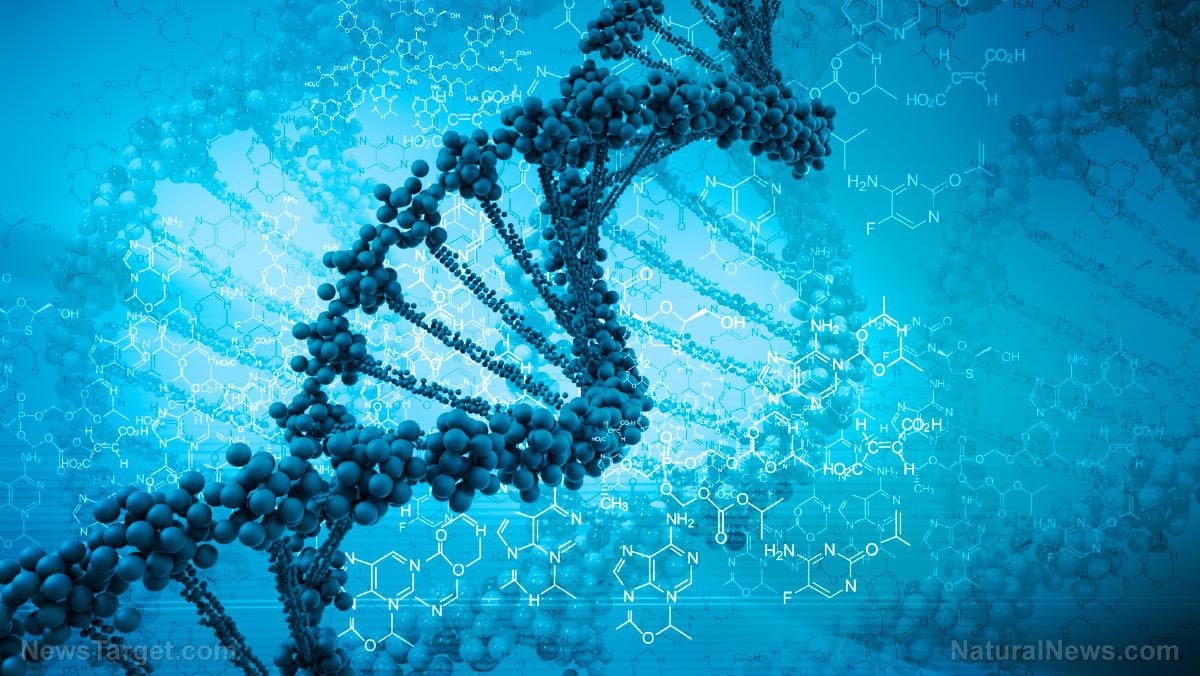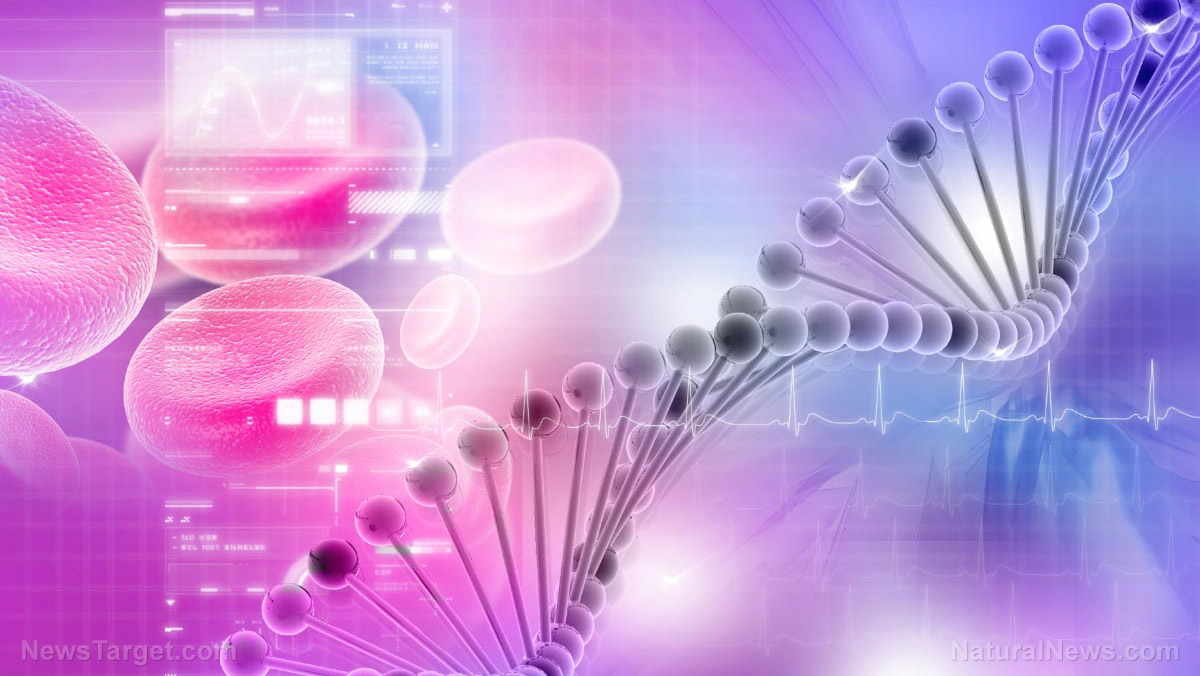CONFIRMED: Alzheimer’s is a lifestyle disease – that’s why Big Pharma’s drugs can’t stop it
01/27/2019 / By Russel Davis

A team of health experts at the Columbia University Medical Center and Weill Cornell Medicine have developed a new model of Alzheimer’s disease, which may explain why potential drug treatments continue to show high failure rate. The new model, featured in Trends in Neuroscience, focuses on the role of neurons in the onset of the disease.
Study co-author Dr. Scott Small has likened the neurons to a system of train stations, which are composed of different compartments aptly called cell stations. These stations are constantly packed with proteins that are then transported from one compartment to the other during a process known as protein trafficking. The scientist stresses that the health of neurons depend on the protein trafficking in and out of the endosome, which serves as the “Grand Central Station” for neurons. Dr. Small notes that traffic jams occurring in and out of the endosomes may trigger a defect in neurons, which in turn may elevate the risk of developing Alzheimer’s disease.
“The new model does not negate the importance of amyloid. Rather, we propose that the amyloid within neurons is a culprit because it causes traffic jams. This differs from the original ‘amyloid hypothesis,’ which argues that amyloid deposits outside neurons are the primary driver of disease…Our model makes two strong predictions. The first is that therapeutic approaches that target amyloid inside neurons might work. However, studies suggest that traffic jams can occur independent of amyloid. So our model predicts that therapeutic approaches designed to unjam trafficking within neurons carry the highest therapeutic promise,” Dr. Small states in a press release.
New study holds clues about Alzheimer’s disease onset
A recent study published in the journal Scientific Reports has revealed that energy production in the brain may play a role in the development of late-onset Alzheimer’s disease. As part of the study, a team of scientists at the Harvard-affiliated McLean Hospital took samples of a type of skin cell called fibroblasts from patients with late-onset Alzheimer’s disease and compared their energy production with healthy age-matched controls. (Related: Memories “lost” to Alzheimer’s can be retrieved; they’re not destroyed after all, new science discovers.)
According to the researchers, fibroblasts generate about 88 percent of their energy via mitochondrial respiration, while the remaining 12 percent is produced via glycolysis. The scientists observed that fibroblast samples taken from patients with late-onset Alzheimer’s disease had impaired mitochondrial metabolic potential. Likewise, the experts have noticed that these samples focus their energy production toward glycolysis in order to compensate for the impairment.
Stem cell researcher Kai Sonntag also discussed that brain neurons are not capable of performing glycosis unlike fibroblasts. This means that an impairment in mitochondrial respiration may lead to deaths in brain neurons, which in turn may explain the onset of cognitive decline in Alzheimer’s patients. However, researcher Bruce Cohen has cautioned that dysfunctions in energy production may only be one of the many factors that result in Alzheimer’s disease onset.
“Although people hope with a lot of these conditions we study — normal or abnormal — that there are going to be simple answers … it’s never simple, it’s always all kinds of factors interacting to determine whether you get lucky or not, whether you get sick or not. You don’t have to fix everything to keep somebody from getting sick. The reason somebody gets sick is you’re unlucky five different ways and it all combines to tip you over the edge. Maybe you only need to fix one of them and you don’t tip over the edge anymore,” Cohen tells Medical Xpress online.
Sources include:
Submit a correction >>
Tagged Under:
Alzheimer's disease, Big Pharma, Brain, brain health, cognitive decline, cognitive function, dementia, lifestyle, memory, mental health, prevention
This article may contain statements that reflect the opinion of the author





















